“She’s going away,” my son said, pointing to the train Anne was on. He didn’t know what it meant. Not really. He just saw a girl, a moment, a page in a book. But I knew. I knew that train wasn’t taking her somewhere new, it was taking her to an ending she didn’t deserve. A story cut short by a world that convinced itself her life didn’t matter.
It took me a long time to finish Anne Frank’s Diary: The Graphic Adaptation. Not because it was long, Folman’s adaptation is remarkably concise but because it was heavy. The kind of heavy that stays with you long after you’ve closed the book.
It isn’t just the tragedy of Anne’s fate that makes it hard to read. It’s how fully alive she is on every page. The way she thinks, teases, complains, reflects. She is so vividly human. So full of contradiction. And that’s what makes the horror unbearable because we know exactly what happens next.
Anne wrote about loneliness, about shame, about the need to be seen. She also wrote about family, about longing, about the small flickers of joy that still found their way into the Annex. She wrote about the world with the kind of clarity that feels impossible for someone her age and still, she managed to find space for hope.
“In spite of everything, I still believe that people are really good at heart.” That line destroyed me. Because it came from someone who had every reason to stop believing. Every reason to shut down, turn bitter, go numb. And she didn’t.
Polonsky’s illustrations echo the contradictions in Anne’s writing. The pages move between warmth and cold, color and shadow, sometimes even joy and dread, without warning. Just the quiet unraveling of a girl’s world, rendered with care and restraint.
Reading this book reminded me that the greatest losses are not always the loudest ones. Sometimes they’re soft. A diary left behind. A voice that was becoming. A girl who should have had the chance to fall in love, to get angry, to grow old. Instead, she was forced into hiding, hunted, and extinguished like so many others because a system convinced itself that her life was worth less. And because millions of people either agreed or looked away.
What is heartbreaking is that my son can point to a train and smile, while I carry the knowledge of where it leads. And one day, he’ll know too. He’ll read her words. He’ll see her eyes. And maybe he’ll ask the question that haunts every page of that book: How could they let this happen?
There is no satisfying answer. Only the responsibility to bear witness. To hold her words close. To remember that the line between innocence and atrocity is thinner than we think.
Anne Frank did not get to finish her story.
But she wrote it anyway.
She dreamed anyway.
She lived anyway.
And that fragile, incomplete, unjust is what remains.
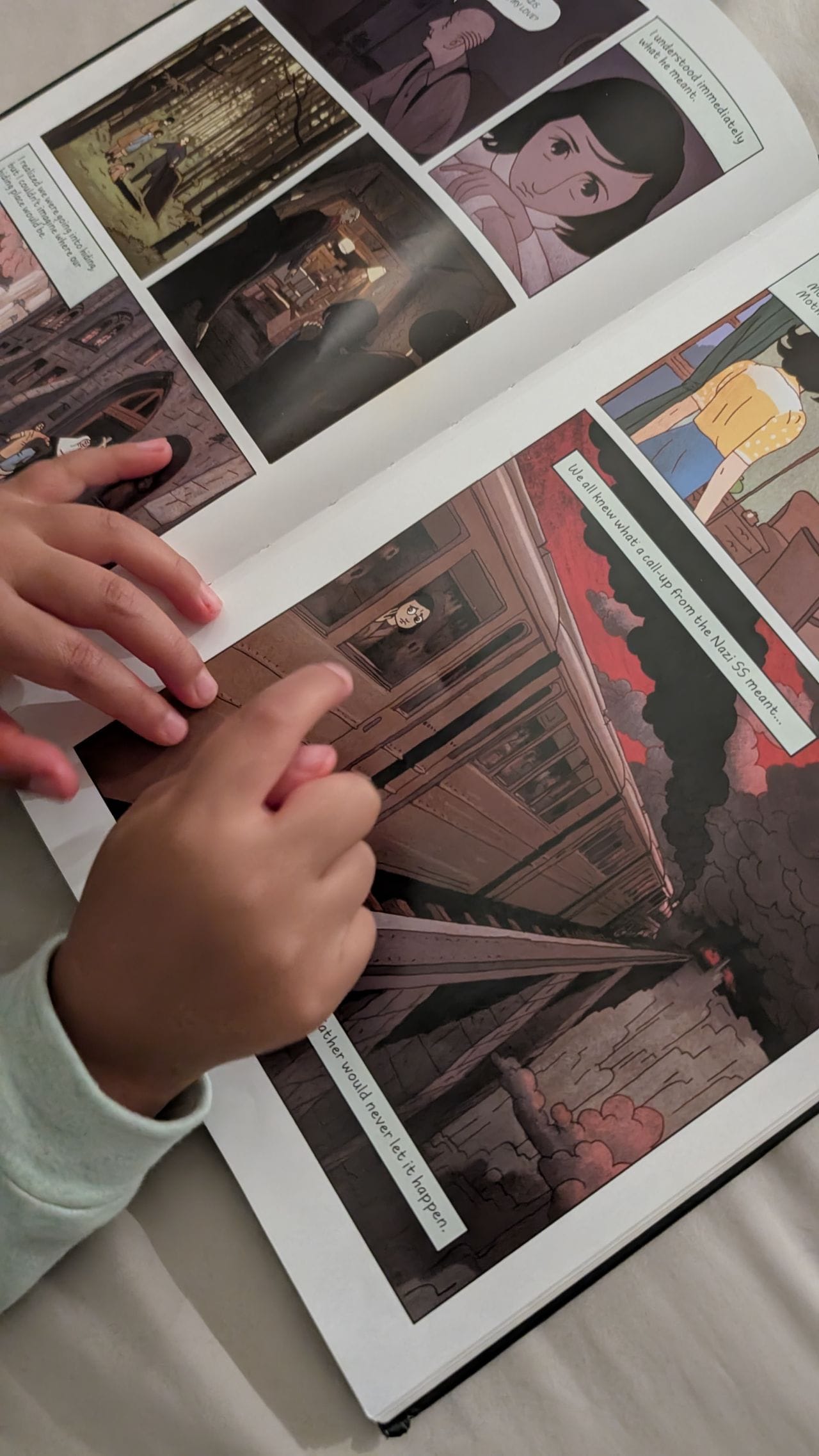



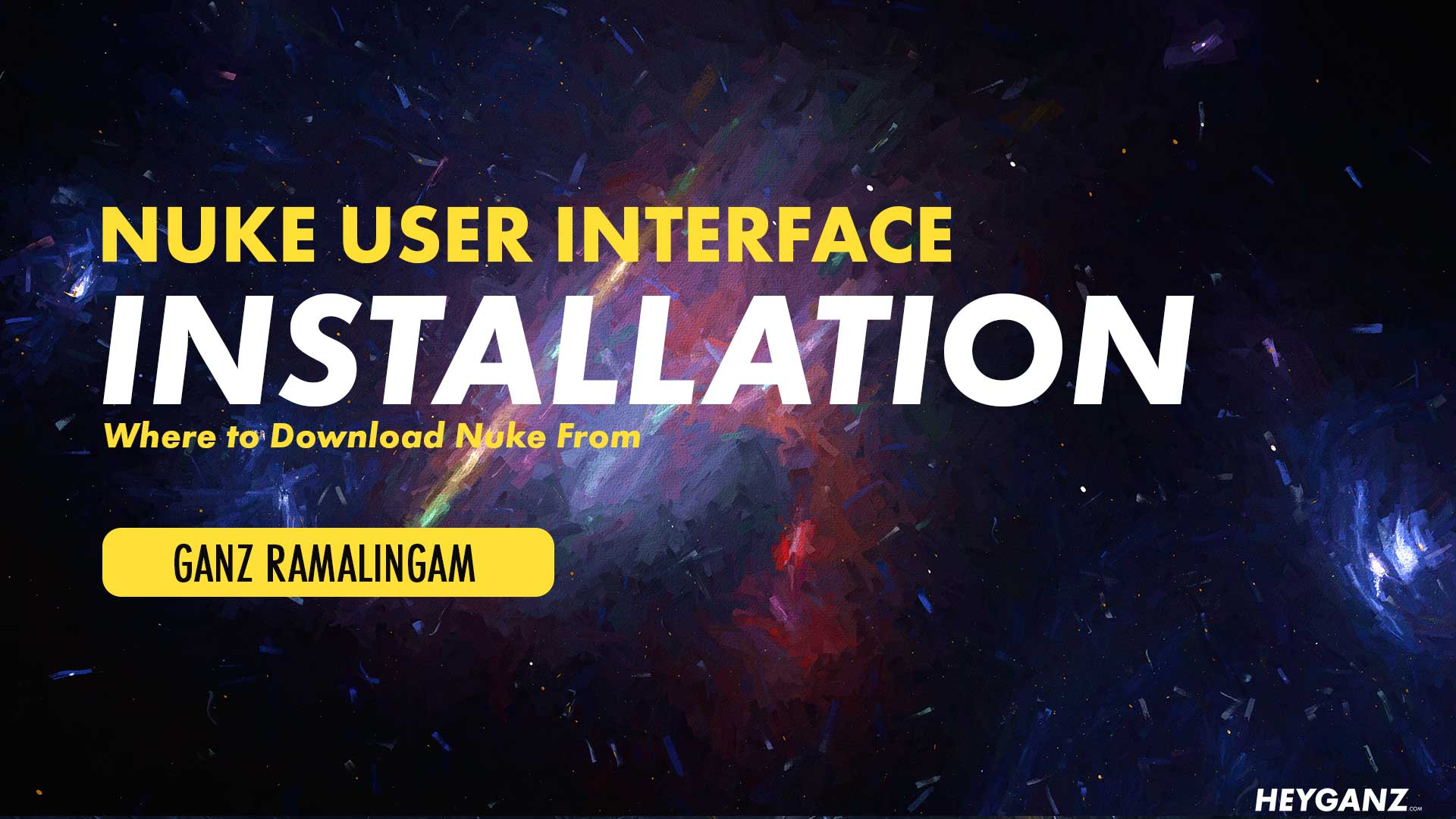
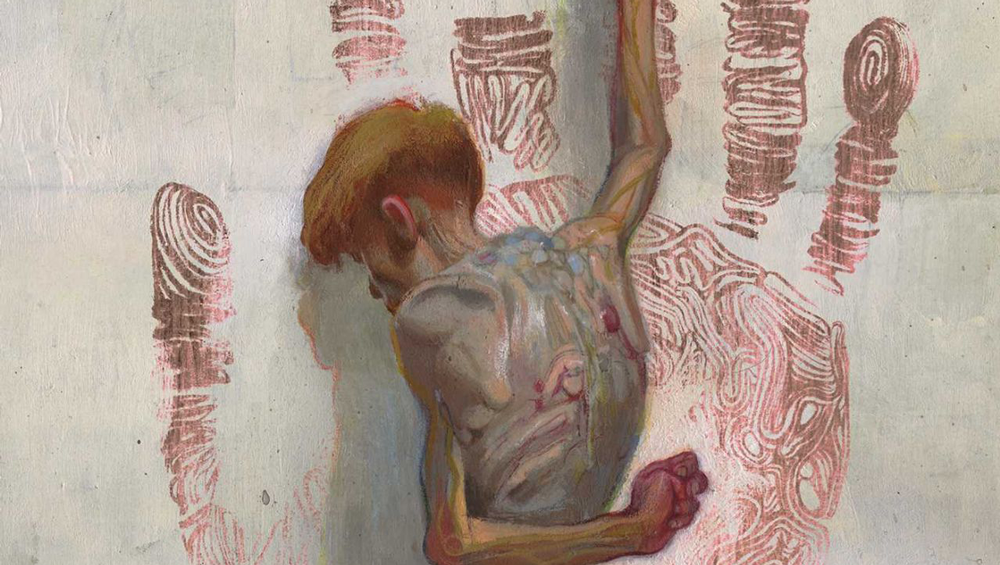
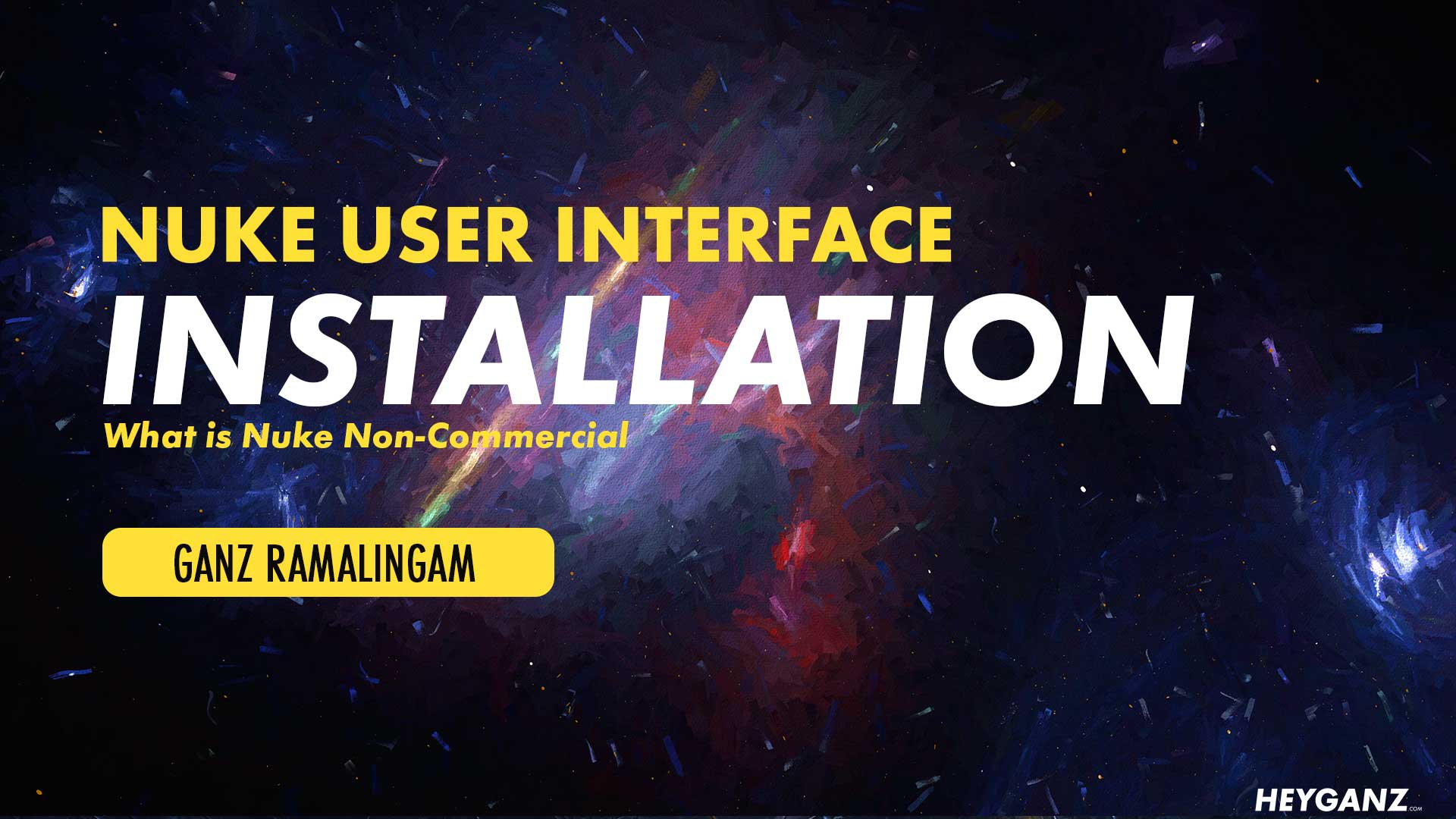
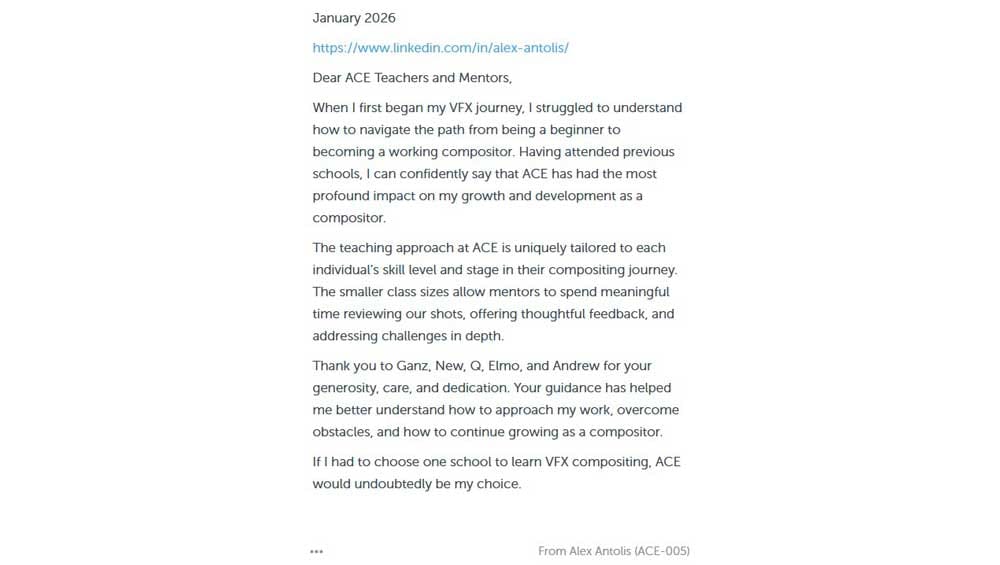
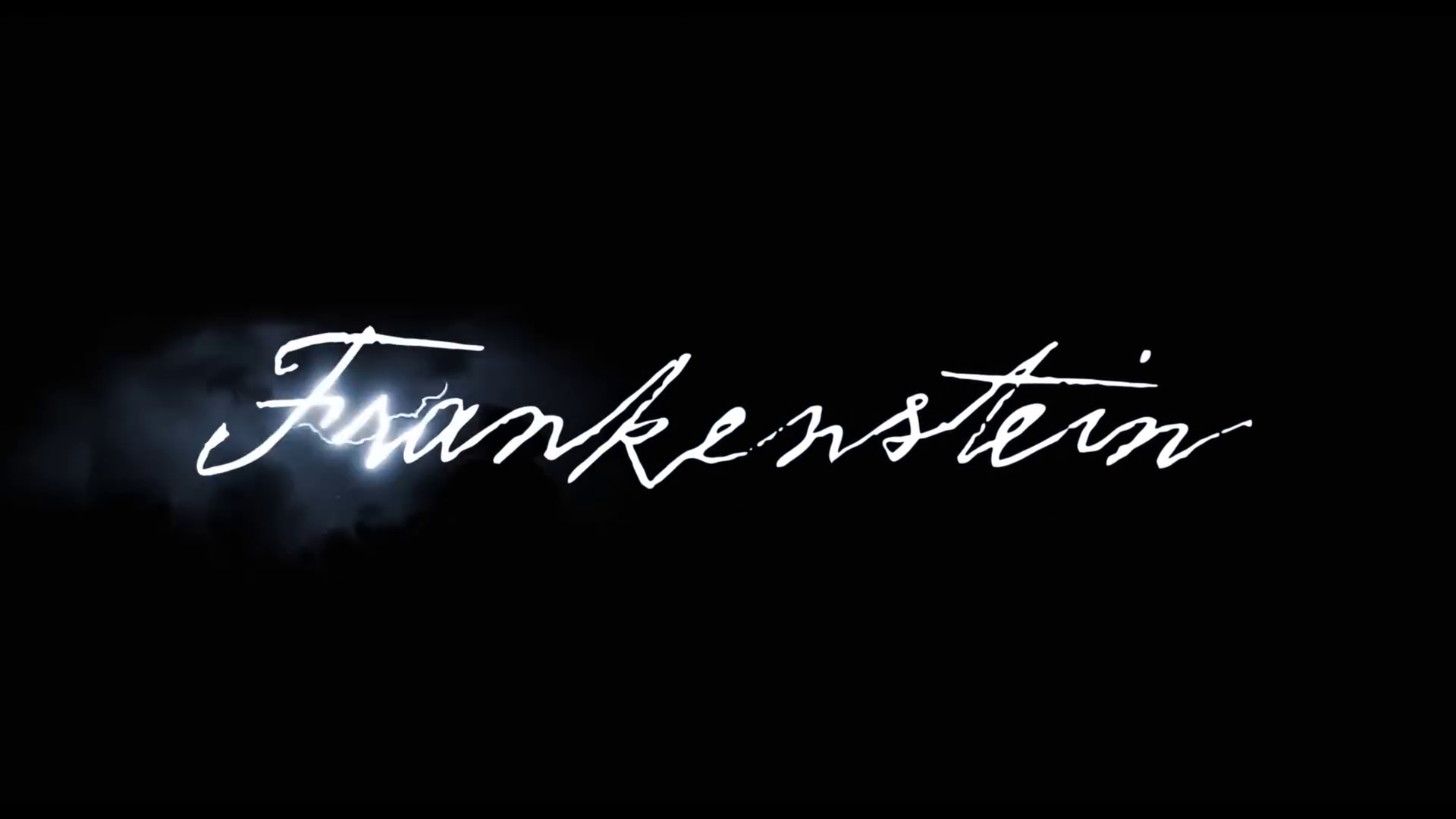
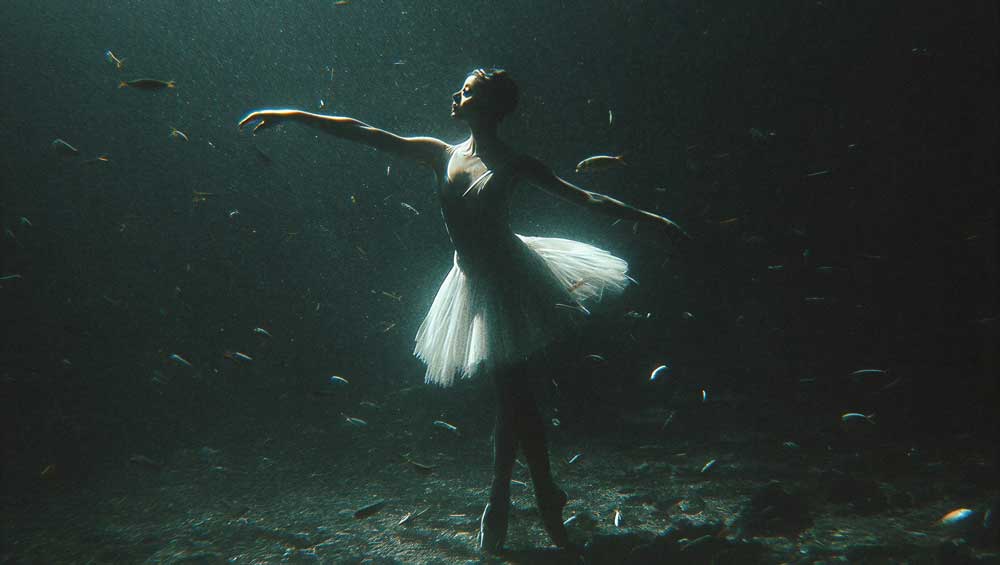

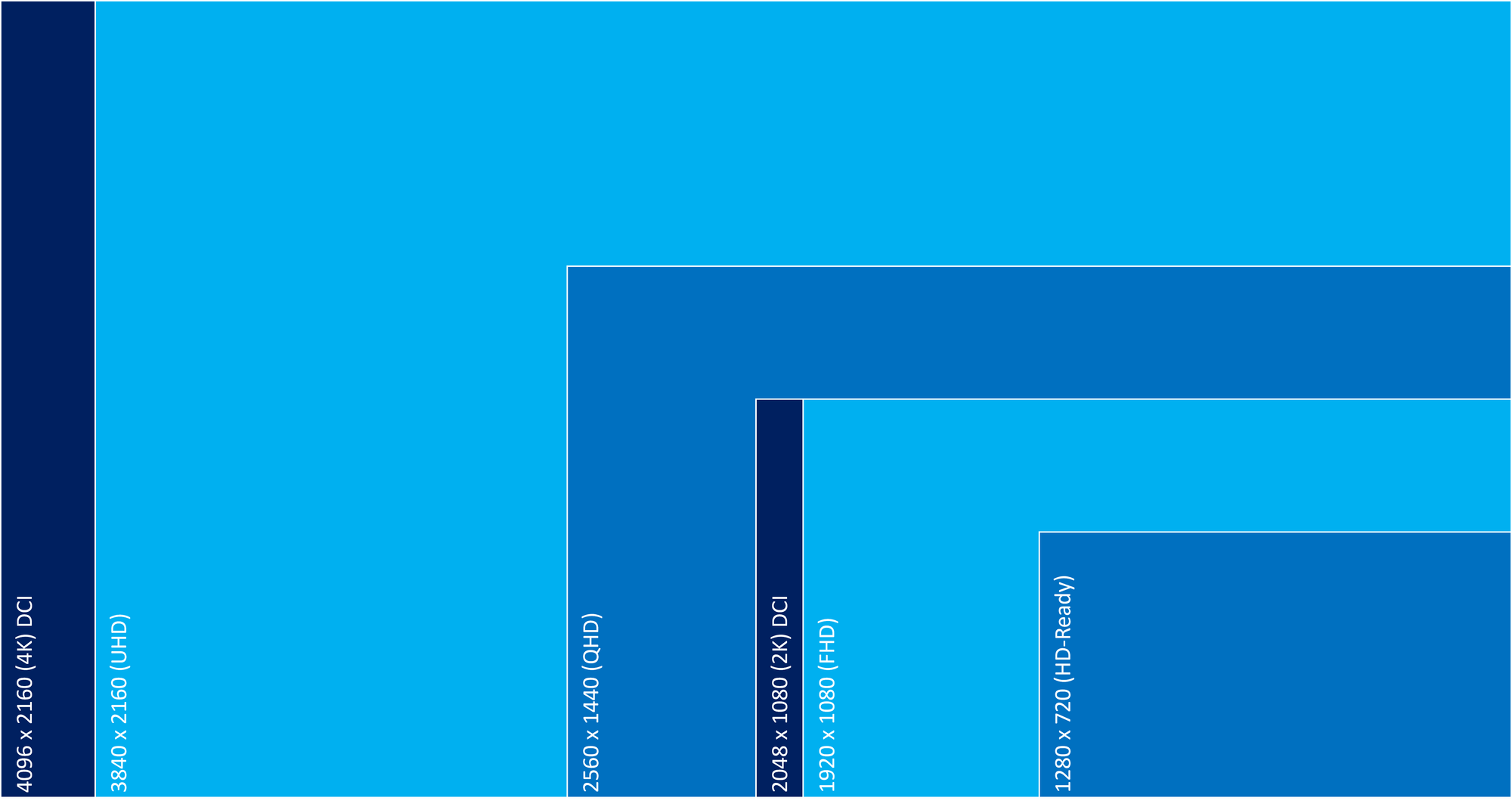
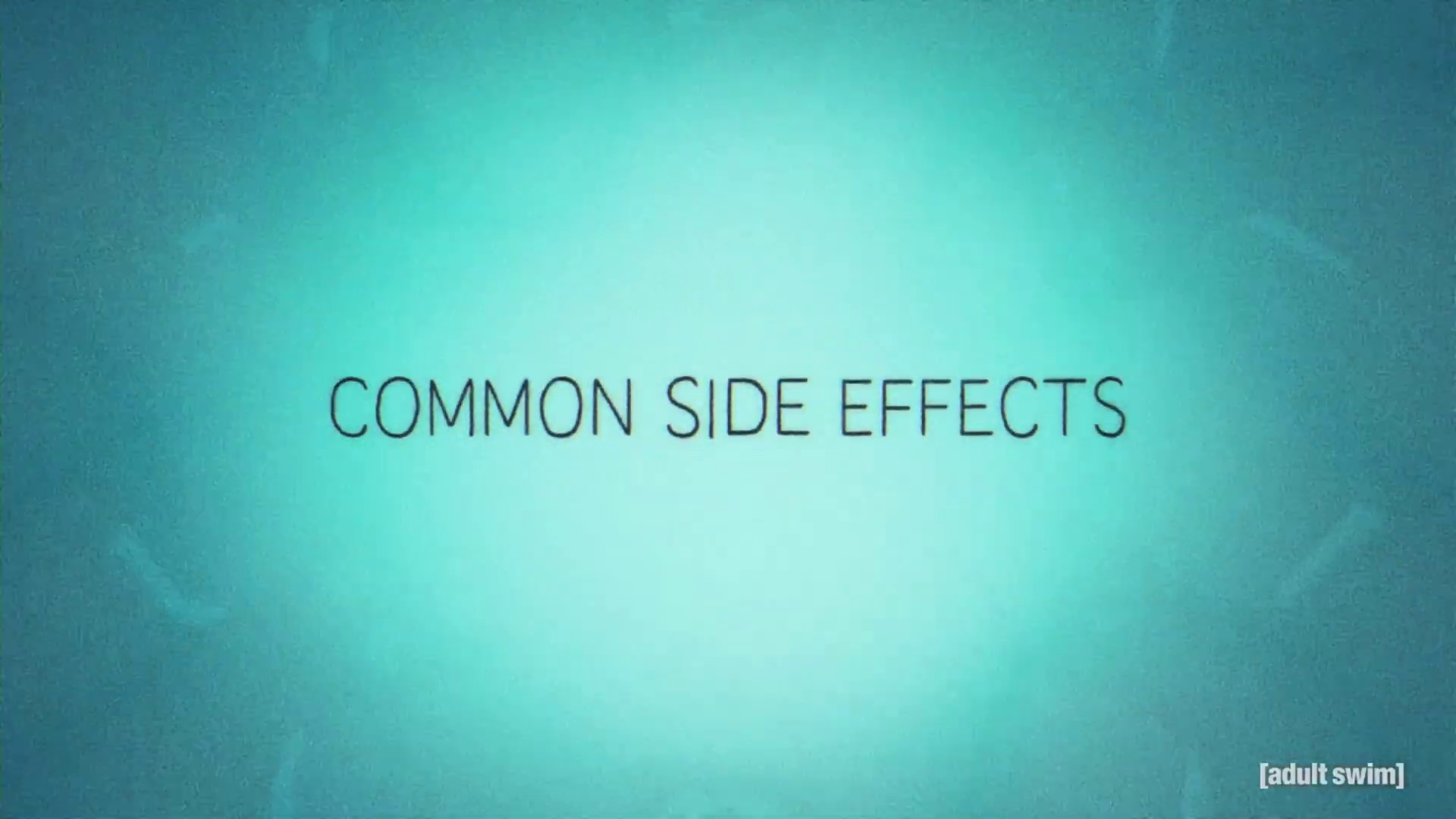
Discussion